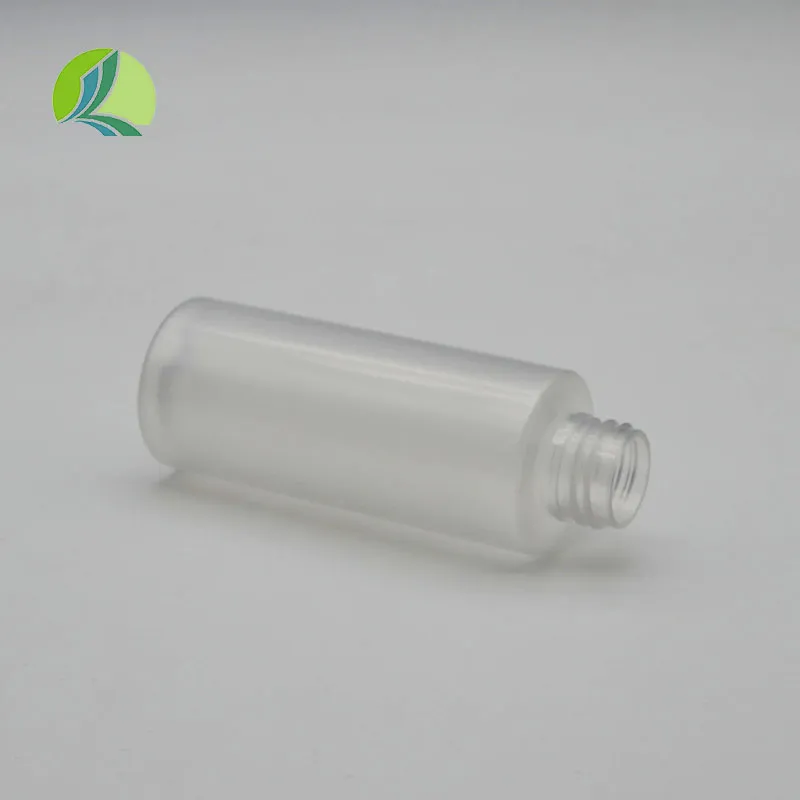
-
 Afrikaans
Afrikaans -
 Albanian
Albanian -
 Amharic
Amharic -
 Arabic
Arabic -
 Armenian
Armenian -
 Azerbaijani
Azerbaijani -
 Basque
Basque -
 Belarusian
Belarusian -
 Bengali
Bengali -
 Bosnian
Bosnian -
 Bulgarian
Bulgarian -
 Catalan
Catalan -
 Cebuano
Cebuano -
 Corsican
Corsican -
 Croatian
Croatian -
 Czech
Czech -
 Danish
Danish -
 Dutch
Dutch -
 English
English -
 Esperanto
Esperanto -
 Estonian
Estonian -
 Finnish
Finnish -
 French
French -
 Frisian
Frisian -
 Galician
Galician -
 Georgian
Georgian -
 German
German -
 Greek
Greek -
 Gujarati
Gujarati -
 Haitian Creole
Haitian Creole -
 hausa
hausa -
 hawaiian
hawaiian -
 Hebrew
Hebrew -
 Hindi
Hindi -
 Miao
Miao -
 Hungarian
Hungarian -
 Icelandic
Icelandic -
 igbo
igbo -
 Indonesian
Indonesian -
 irish
irish -
 Italian
Italian -
 Japanese
Japanese -
 Javanese
Javanese -
 Kannada
Kannada -
 kazakh
kazakh -
 Khmer
Khmer -
 Rwandese
Rwandese -
 Korean
Korean -
 Kurdish
Kurdish -
 Kyrgyz
Kyrgyz -
 Lao
Lao -
 Latin
Latin -
 Latvian
Latvian -
 Lithuanian
Lithuanian -
 Luxembourgish
Luxembourgish -
 Macedonian
Macedonian -
 Malgashi
Malgashi -
 Malay
Malay -
 Malayalam
Malayalam -
 Maltese
Maltese -
 Maori
Maori -
 Marathi
Marathi -
 Mongolian
Mongolian -
 Myanmar
Myanmar -
 Nepali
Nepali -
 Norwegian
Norwegian -
 Norwegian
Norwegian -
 Occitan
Occitan -
 Pashto
Pashto -
 Persian
Persian -
 Polish
Polish -
 Portuguese
Portuguese -
 Punjabi
Punjabi -
 Romanian
Romanian -
 Russian
Russian -
 Samoan
Samoan -
 Scottish Gaelic
Scottish Gaelic -
 Serbian
Serbian -
 Sesotho
Sesotho -
 Shona
Shona -
 Sindhi
Sindhi -
 Sinhala
Sinhala -
 Slovak
Slovak -
 Slovenian
Slovenian -
 Somali
Somali -
 Spanish
Spanish -
 Sundanese
Sundanese -
 Swahili
Swahili -
 Swedish
Swedish -
 Tagalog
Tagalog -
 Tajik
Tajik -
 Tamil
Tamil -
 Tatar
Tatar -
 Telugu
Telugu -
 Thai
Thai -
 Turkish
Turkish -
 Turkmen
Turkmen -
 Ukrainian
Ukrainian -
 Urdu
Urdu -
 Uighur
Uighur -
 Uzbek
Uzbek -
 Vietnamese
Vietnamese -
 Welsh
Welsh -
 Bantu
Bantu -
 Yiddish
Yiddish -
 Yoruba
Yoruba -
 Zulu
Zulu
beverage pet bottles
The Rise of Beverage PET Bottles A Sustainable Shift in Packaging
In recent years, the beverage industry has witnessed a significant transformation in packaging materials, particularly with the increasing adoption of polyethylene terephthalate, commonly known as PET, for beverage bottles. This shift towards PET bottles stems from a combination of environmental concerns, cost-effectiveness, and consumer preferences for convenience and sustainability.
The Rise of Beverage PET Bottles A Sustainable Shift in Packaging
One of the most significant advantages of PET bottles is their recyclability. PET is one of the most widely recycled plastics globally, with a recycling rate of approximately 30% to 40% in some regions. This is a substantial improvement compared to other materials, making PET bottles a more environmentally friendly option. Companies are increasingly adopting the circular economy model, whereby used PET bottles are collected, recycled, and transformed into new products, reducing the need for virgin plastic production. This process not only conserves natural resources but also reduces energy consumption and carbon emissions.
beverage pet bottles

Consumer awareness of environmental issues has been a driving force behind the rise of sustainable packaging practices, including the use of PET bottles. Many consumers now prefer brands that demonstrate a commitment to sustainability. As a response, beverage companies are investing in eco-friendly initiatives, such as incorporating recycled PET (rPET) into their products. This not only helps to reduce waste but also promotes a responsible image to environmentally conscious consumers.
The introduction of innovative technologies has further accelerated the adoption of PET bottles in the beverage sector. Advanced recycling methods, such as chemical recycling, allow for the breakdown of PET into its fundamental components, enabling the creation of high-quality rPET that can compete with virgin PET in terms of performance. Such advancements promise a more sustainable and efficient recycling system, ultimately enhancing the environmental benefits of using PET bottles.
However, challenges remain. The global plastic pollution crisis and inadequate recycling infrastructure in certain regions pose significant hurdles to the widespread adoption of PET bottles. Effective waste management systems are crucial to ensure that PET bottles are properly recycled and do not end up in landfills or oceans. It is imperative for governments, businesses, and consumers to work collaboratively to foster a culture of recycling and responsible consumption.
In conclusion, the shift towards beverage PET bottles marks a significant step towards sustainability in the packaging industry. With their recyclability, lightweight properties, and versatility, PET bottles are well-positioned to lead the way in reducing plastic waste and promoting a circular economy. As awareness of environmental issues continues to grow, consumer demand for sustainable packaging solutions will likely drive further innovations and improvements, paving the way for a greener future in the beverage industry.
-
PTFE Centrifuge Tubes - Chemical Resistant, Leak-proof, Ideal for Laboratory UseNewsJul.05,2025
-
Premium Metal Dropper Bottle for Precise Dispensing 250ml & 1ml Options AvailableNewsJul.04,2025
-
20 ml Headspace Vials - High Quality Polyethylene & Plastic Vials for Lab UseNewsJul.04,2025
-
Small Bottle with Pipette - Precise Dispensing 100ml Pipette Bottles for Essential Oils & Lab UseNewsJun.24,2025
-
Acetic Anhydride Bottle for Accurate Dropper Measurement in Pharmacy Use High-Quality Dropper BottlesNewsJun.10,2025
-
Innovative PET Bottle Design for Juice – Unique Shapes & Customization OptionsNewsJun.10,2025






















